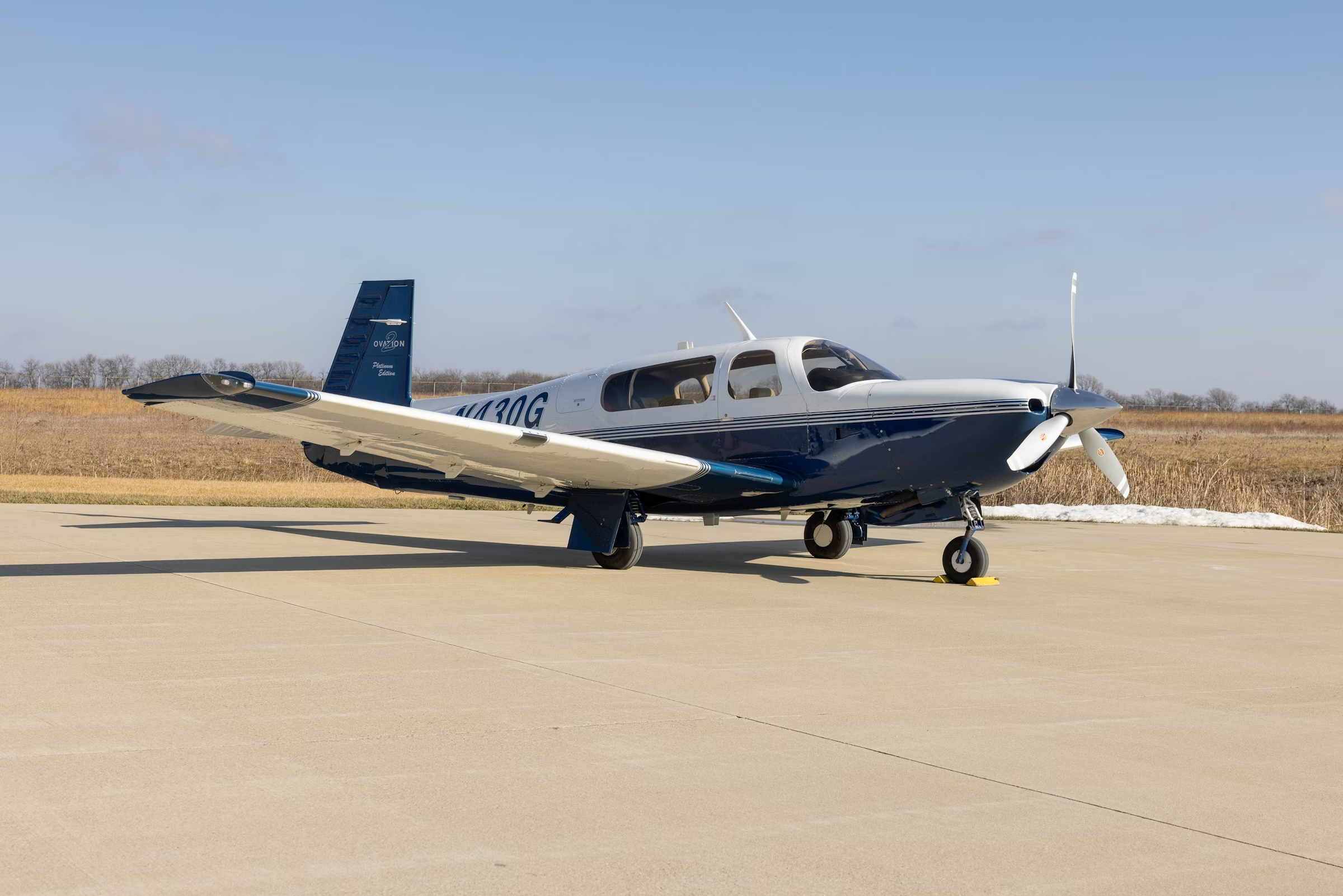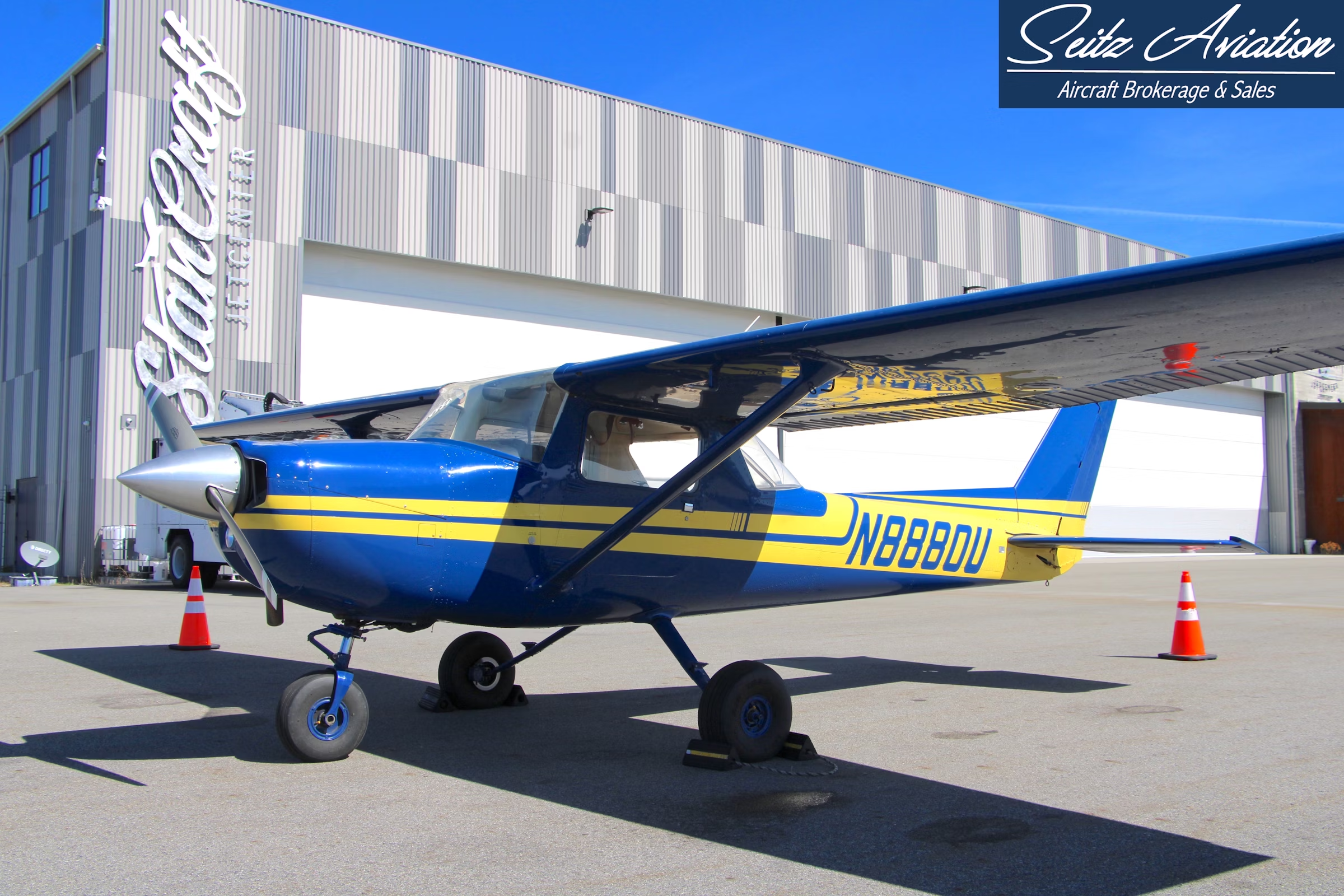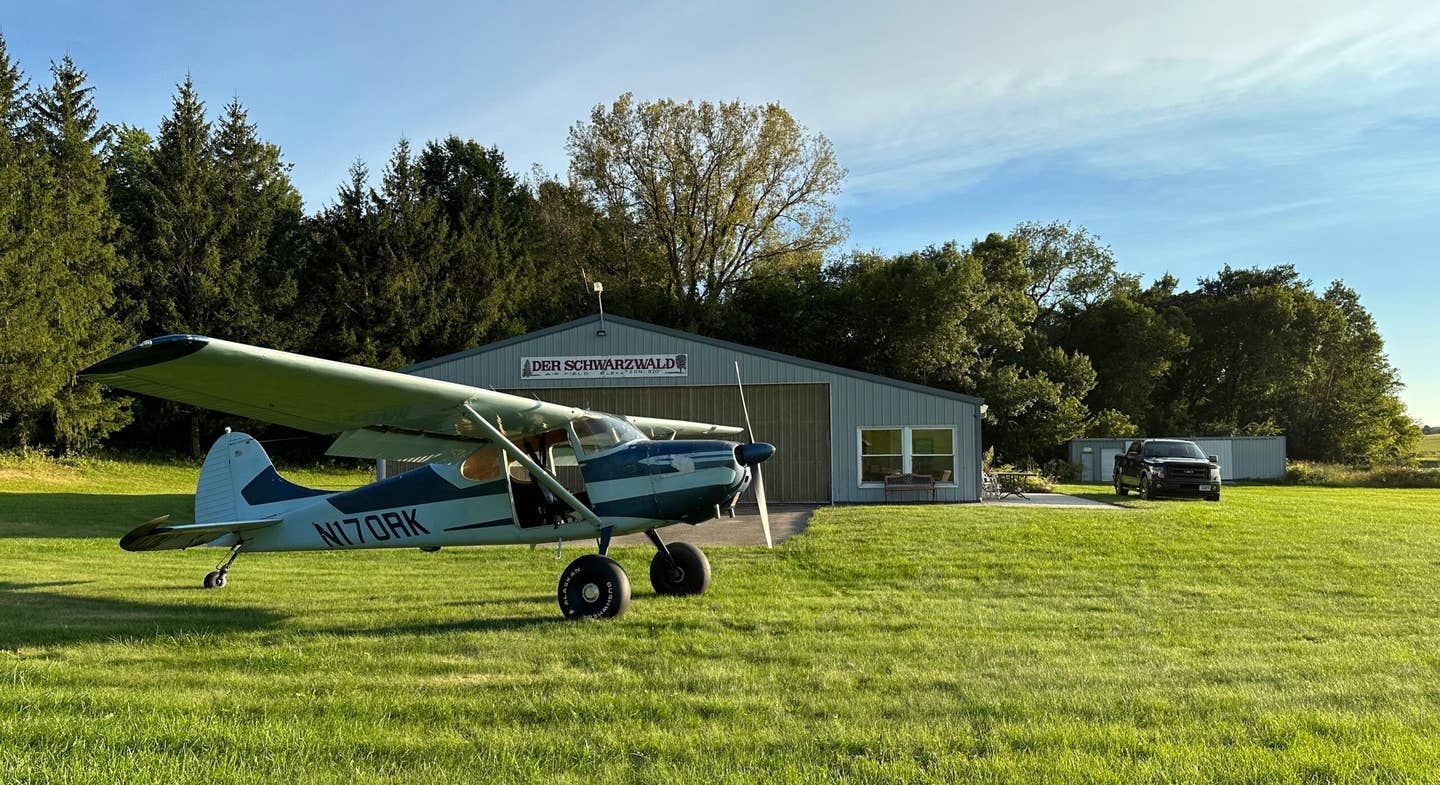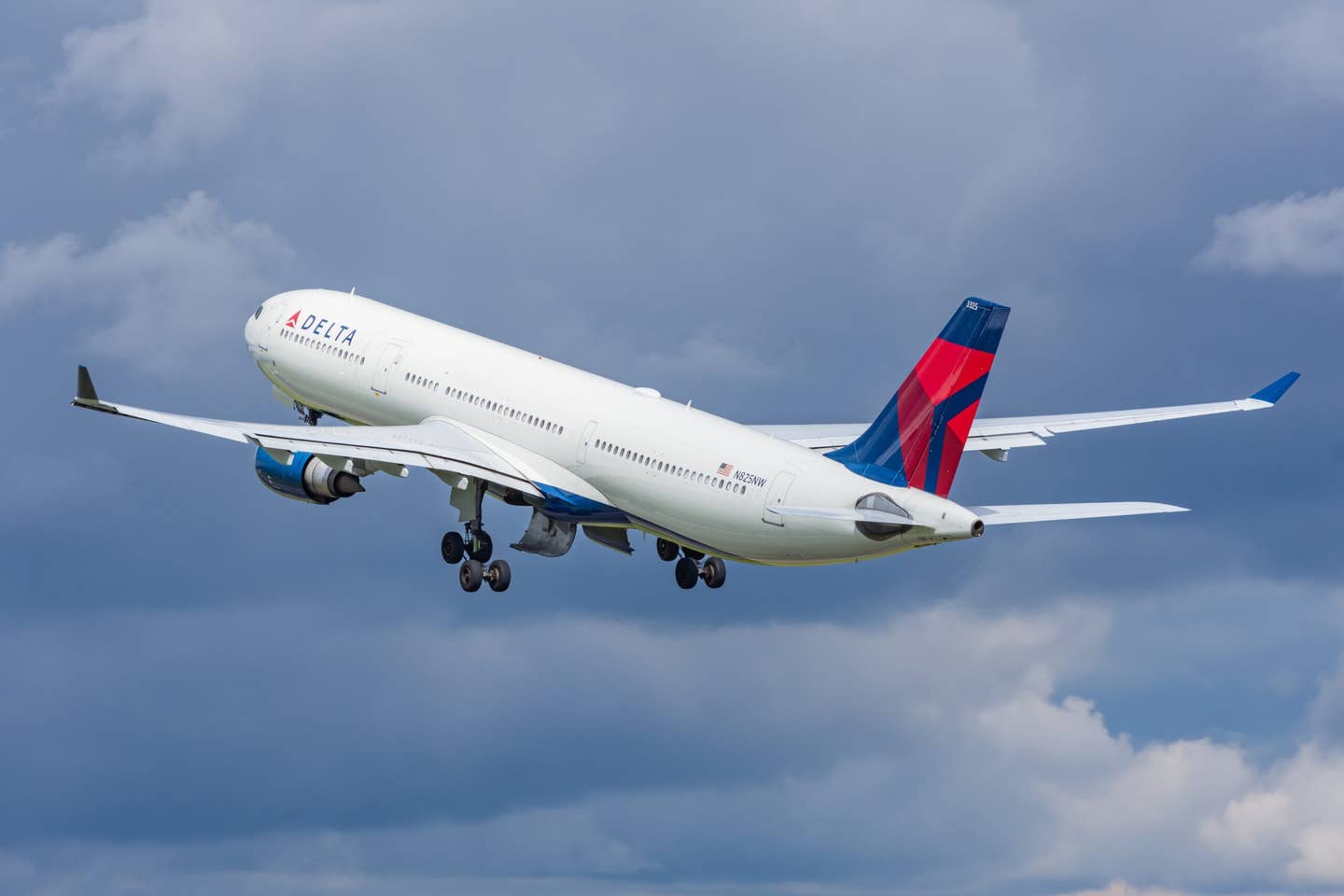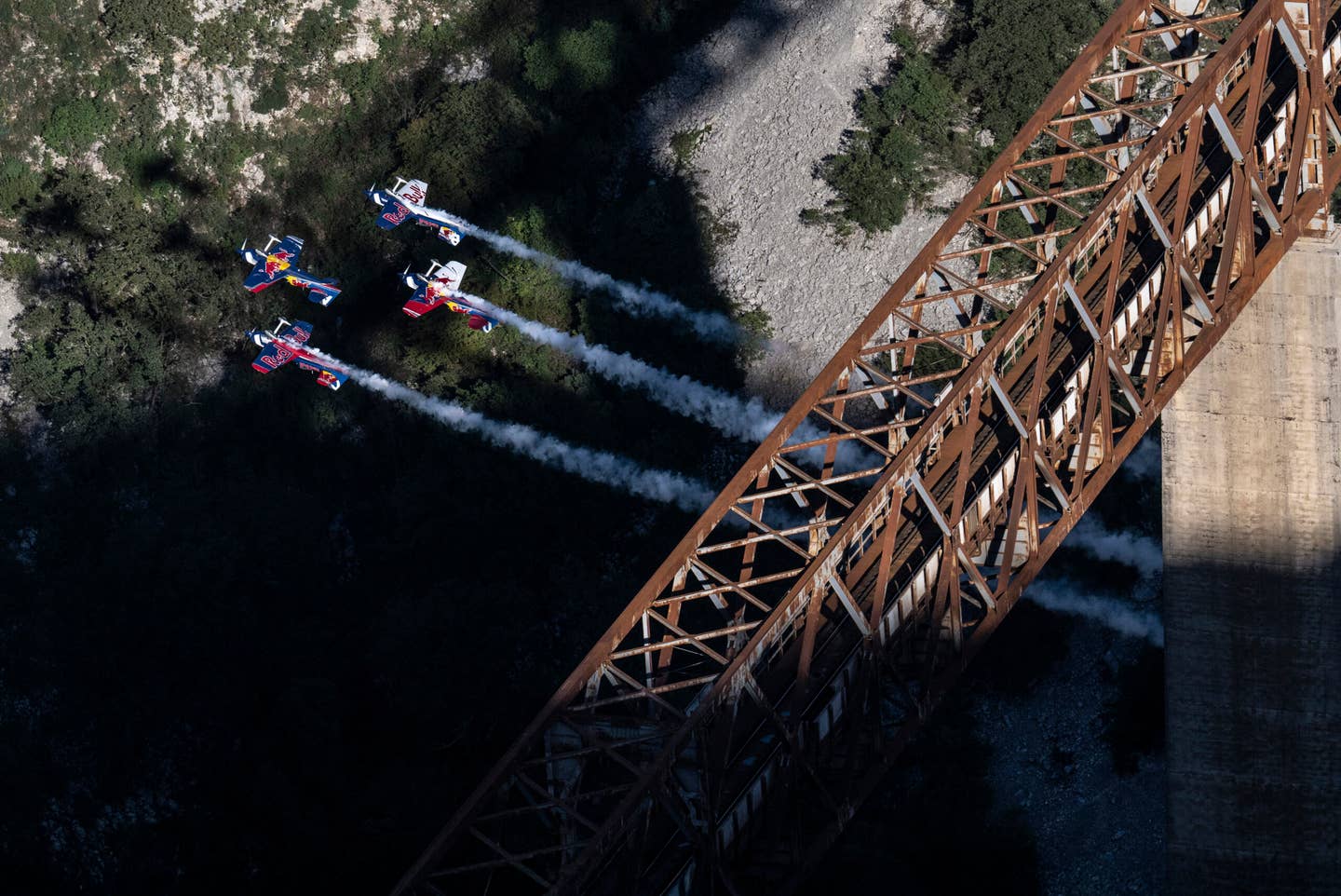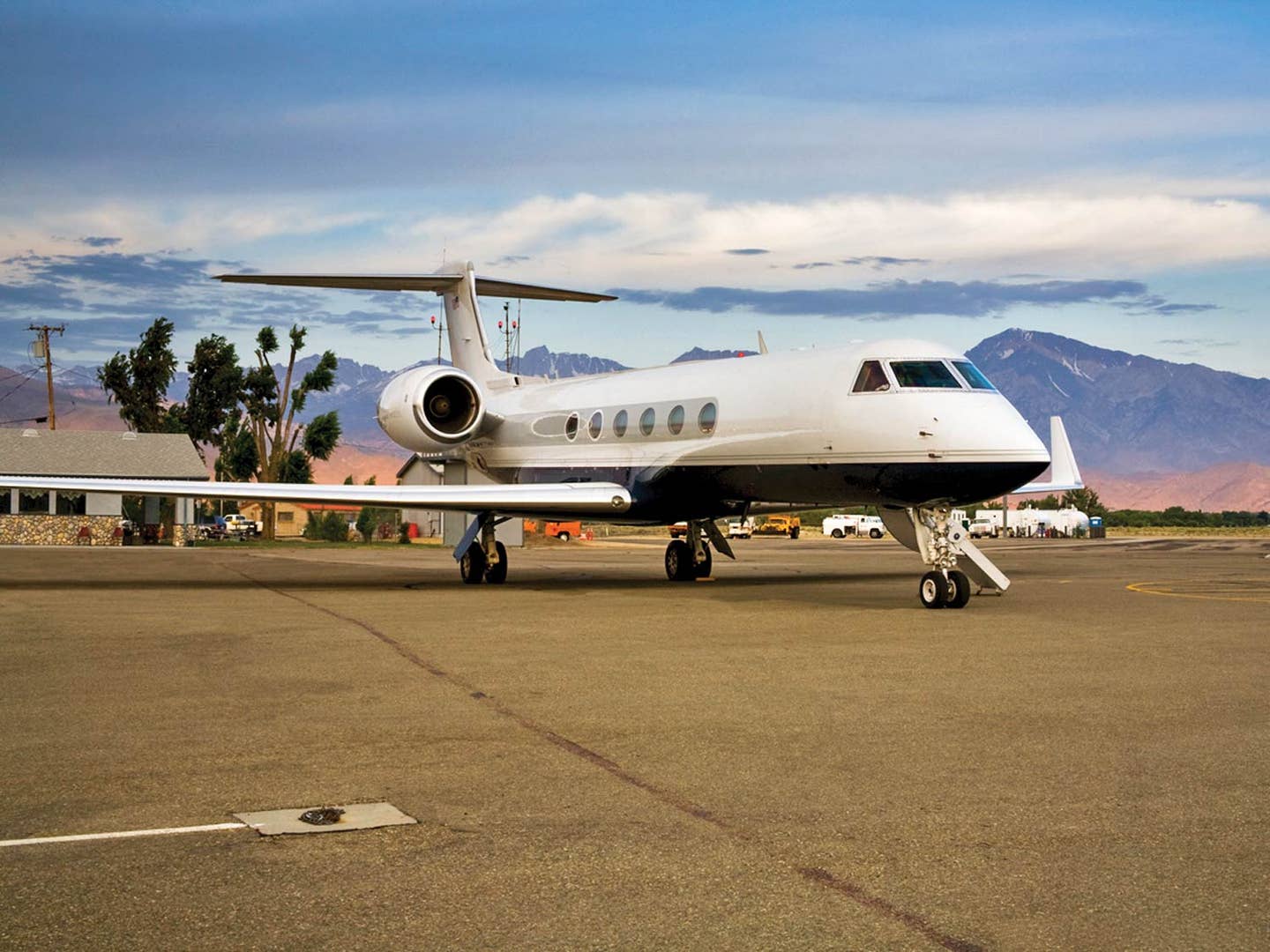
When it comes to a jet, a whole team of outside professionals will typically be involved in the sales transaction to ensure the process goes smoothly. istock/Sierrarat
There's no recognized certification for aircraft sales brokers, so why hire one in the first place? In fact, there aren't even certifications or regulations providing consumer protections for aircraft buyers outside of the Universal Commercial Codes and import/export requirements of individual countries. Most aircraft buyers, it is assumed, are sophisticated enough to look out for themselves. However, a good broker can help in an aircraft transaction in a myriad of ways. The trick is finding the right professional to help your transaction go smoothly. We'll focus on how to select a good one in a moment, but first let's discuss the role of a broker.
As a broker, I can tell you no two deals are the same, but there are enough similarities that if you negotiate 10 or 50 of them a year, you know the common pitfalls, as well as some areas to find potential cost savings. Sketchy maintenance history can foreshadow problems. Trouble signs such as engine-maintenance-program derivatives and recommended-service bulletins that might become mandatory can make a huge difference in the value of a used aircraft. Properly negotiated, these issues can be overcome.
Our firm recently handled a transaction in which the price of the aircraft was reduced by the amount that would be due at overhaul on the ESP Flex engine program offered by Pratt & Whitney. Another ESP Flex transaction I heard about through the grapevine, with an attorney and no broker, ended badly. The buyer was stuck with an undisclosed $900,000 bill due at overhaul.
Another consideration is valuation. Unlike real estate transactions, aircraft-sold figures aren’t public knowledge. In fact, most of them are protected by confidentiality clauses. It’s only by fostering close industry relationships and gaining a deep understanding of market trends that professional brokers can evaluate and predict values.
Often a good broker also will maintain historical data about a particular aircraft that might affect its value or marketability.
If it was neglected, damaged, repossessed or poorly maintained, a good broker will know that, or know how to find out. This comes in handy whether you’re buying or selling, as good competitive data is an excellent negotiating tool.
You fly privately so that you don’t have to make airport connections, but business connections are critical. The best brokers have worked with dozens of service centers, bankers, insurance brokers, attorneys, mechanics and paint shops. We know our way around and can help assemble a team that will work well together to achieve your objectives. Often if we don’t know the answer to a particular question or issue we can easily call someone in our network who is an expert in that area. We also pass on discounts to our clients for things such as paint and interior refurbishment, avionics upgrades and inspections.
Deciding not to work with a broker is a little like walking into a courtroom without an attorney. You can do it, but it isn’t necessarily wise. Brokers frequently compete for potential clients with an operator’s existing pilot or a management company. You can have pilots buy or sell airplanes for you. They certainly know about aircraft, and obviously have a personal stake in your safety, as it’s connected to theirs.
You could also have your management company sell your airplane or buy one for you. You might even consider it a part of the asset’s management. However, there are a few things you should consider before choosing someone other than a broker to buy or sell an aircraft:
What are their motives?
Pilots who are selling airplanes might well be selling themselves out of jobs, and a management company might be reducing its own revenues by losing charter hours. When buying airplanes, both might steer you toward aircraft of their personal preferences for any number of reasons. They might have a relationship with the seller, like the amenities or have history flying that aircraft type.
What are the qualifications?
Does the pilot or management company have sales-negotiation experience, marketing expertise, a robust sales network, and the bandwidth to respond quickly and appropriately to inquiries?
What is the level of market knowledge?
Professional aircraft brokers keep a finger on the pulse of ever-changing aircraft values and know what comparable aircraft have sold for — or will likely sell for in the future. This is information not readily available to the general public. Does your pilot or management company have a reliable place to get this information to ensure that you are getting the maximum possible in a sale — or not overpaying in an acquisition? The best representation for an aircraft transaction normally is not the pilot, the management company, the CFO or an attorney. The way you protect yourself is by coming to an agreement with a reputable agent for aircraft transactions whose qualifications, references and market knowledge make you feel comfortable. As brokers, we wouldn’t fly your airplanes … why would you let your pilots buy them? Convinced? Here are some questions to ask when interviewing potential brokers:
How would you market my aircraft?
Gone are the days when brokers would simply call around to see if anybody might be interested in buying an aircraft. The internet has opened up new marketing avenues for aircraft brokers, and you’ll want to make sure you hire brokers who are taking advantage of all of them. Will your aircraft be listed on every online database? Will your brokers be sending marketing emails to potential buyers? How big are the brokers’ opt-in email database? Will they handle photos and video? Do they have attractive, user-friendly websites? Ask your potential brokers what their marketing plan is for your aircraft, and look at any other online listings they might have to get an idea of how your aircraft will be promoted.
Do you charge a flat fee or a percentage?
Different brokers handle commissions in different ways. You’ll want to know if your potential brokers will charge a flat fee to help sell or acquire an aircraft, or if they’ll charge a certain percentage of the selling price. You’ll also want to know if they will charge retainers to continue marketing the aircraft, or if they’ll eat the cost of marketing.
How long does it typically take you to sell an airplane?
Although every transaction is different, you should ask potential brokers how long it typically takes them to sell an aircraft. If they’ve had the same few listings up for a couple of years, what makes you think your plane will be any different? You’re going to want to work with somebody who will do whatever it takes to sell your airplane. Granted, some planes just won’t sell. However, if it seems to be a recurring issue with a broker, it might be a pattern likely to repeat itself.
Will you be there in-person for showings, test flights, prebuys and so on?
Ask potential brokers if they plan to be there in person when the airplane is going to be shown, if it’s being given a test flight, a prepurchase inspection and so forth. While it might not always be necessary, a hands-on broker is typically the best kind.
How discreet can you be?
If discretion is something that’s important to you during the purchase process, let potential brokers know it. Most brokers will be able to “ghost” the aircraft for you by removing registration and serial numbers from marketing materials, just in case, say, one of your pilots happens to be surfing the internet and stumbles upon a listing that implies impending job loss. Discretion can also be important if you’re a publicly traded company with public relations concerns.
Have you worked with a variety of service centers, lawyers, escrow agents and so on, and have you burned bridges with any of them?
This question is especially important if you have a specific service center, lawyer, escrow agent or other entity that you know you’ll want to use. In a niche industry such as private aviation where everyone knows everyone else, you don’t want to end up with a broker who might have experienced a deal gone bad with your favorite escrow agent.
Do you have any similar listings?
Ask potential brokers if they have any listings similar to your aircraft. If you want to sell your Lear 45, and this broker already has three others listed, what will make yours stand out from the rest? Will your airplane be given the priority it deserves? Do your research online, as well, to see the types of aircraft those brokers have listed. You might want to reconsider if a broker either A) has several similar aircraft listed that haven’t sold or B) has never sold an aircraft like yours before.
How far is your reach?
Private aviation is a global industry, which means to ensure you get the best possible aircraft, you have to explore every corner of the earth. Are you selling a plane that typically sells most often in a Spanish-speaking country? You’ll probably want to make sure this broker has somebody on staff who speaks Spanish. Are you selling a European aircraft? It would probably be beneficial to work with a broker who has done business there before.
Would you be willing to buy my aircraft?
Ask brokers if they might be willing to buy your aircraft if it doesn’t sell within a certain period of time. Once your marketing agreement is up, would those brokers be willing to make a purchase offer? Sometimes you need a broker to step up and act as the middleman during a transaction to get the aircraft to change hands.
What kind of research do you do? How do you know the value of my aircraft?
One of the first steps when selling your aircraft is to ask a potential broker for an evaluation. Brokers have access to online resources, word-of-mouth relationships and valuable market information that should give you a good idea of how much your aircraft is worth. Once you have that, ask how your broker came to that number. What kind of research can back it up? How many of these aircraft have sold lately, and for what price? All of this is important to ensure you know your aircraft’s true worth.
René Banglesdorf is the co-founder and CEO of Charlie Bravo Aviation, a boutique aircraft brokerage serving its global clientele from Austin, Texas. René is the author of Stand Up: How to Flourish When the Odds are Stacked Against You. She has a podcast called Defying the Status Quo and a YouTube video channel where she interviews pilots about airplanes and the adventures they provide. René also serves as the vice president of communications for the International Aviation Women’s Association.

Sign-up for newsletters & special offers!
Get the latest FLYING stories & special offers delivered directly to your inbox

